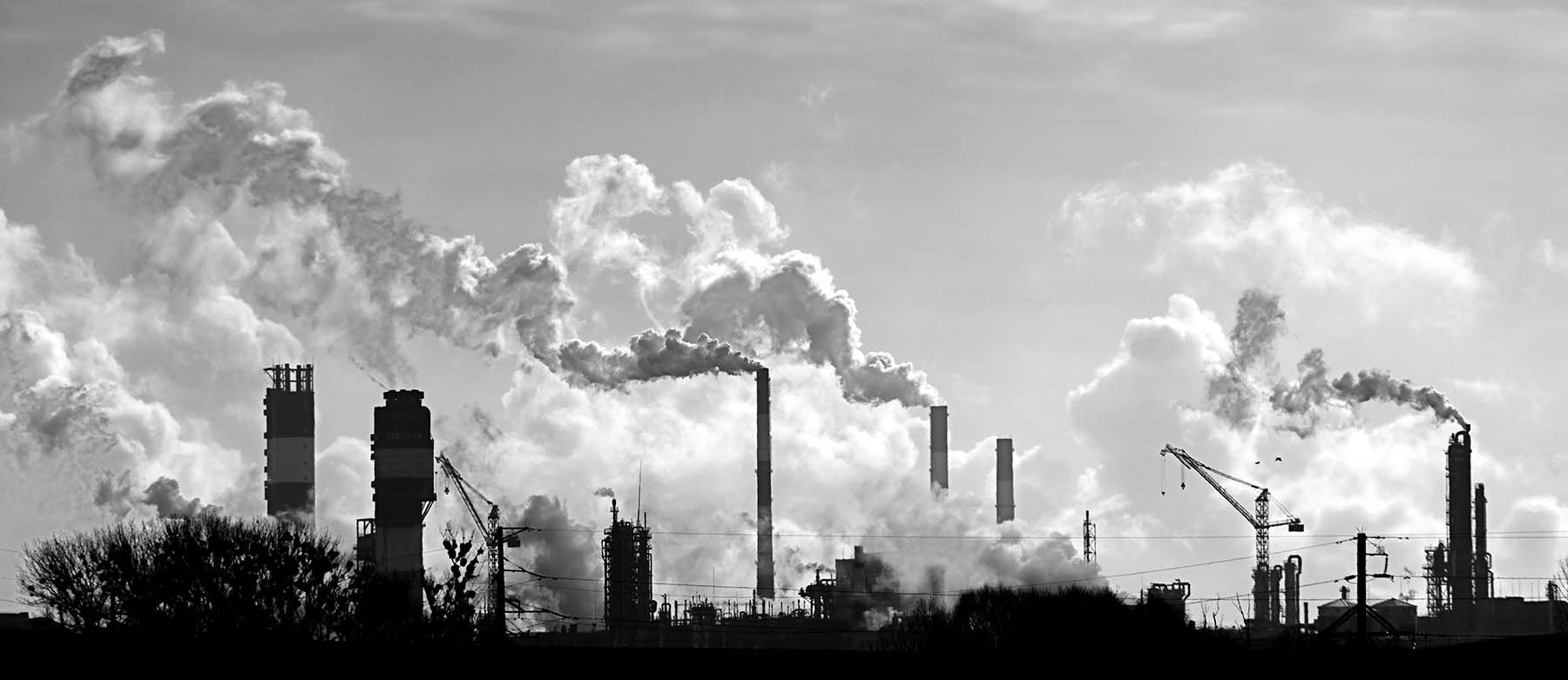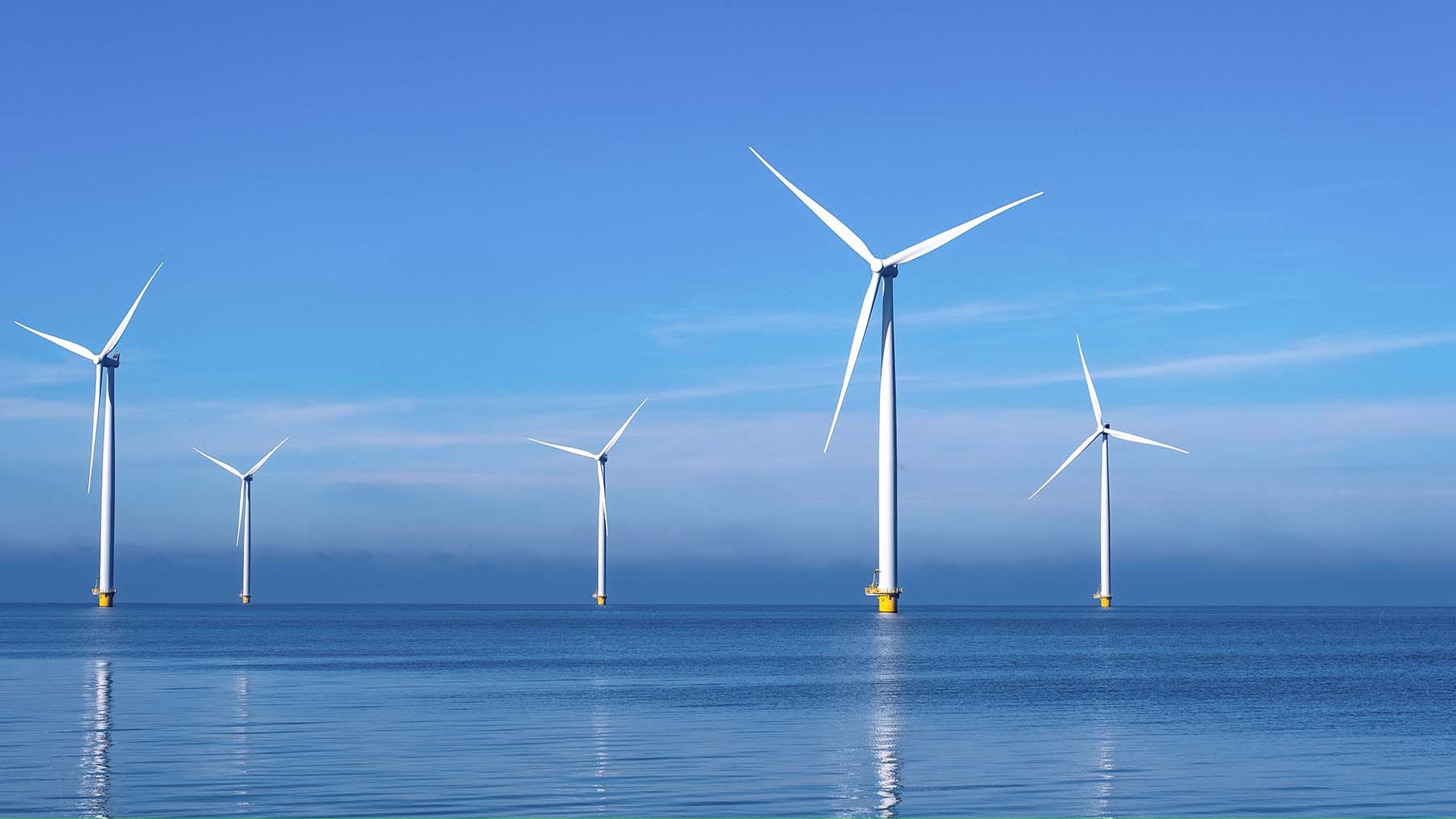
Climate Crisis
Fighting for Our People and Our Planet
the Problem:
Burning fossil fuels like coal, oil and gas causes climate change and no corner of our world is immune from the devastating consequences. In New Hampshire, seacoast communities are flooding, farmers are facing historic drought and local economies are hurt by a shortening winter sports season. Rising global temperatures fuel natural disasters, extreme weather, environmental degradation, food and water insecurity, economic disruption, and conflict. Sea levels are rising, coral reefs are dying, oceans are acidifying, the Arctic is melting and forests are burning. Pollution in our air and our water impacts human health, causing everything from asthma to cancer.

What is the Solution?
Here's the good news. The transition to 100% renewable energy will create millions of good paying union jobs and we already have the technical and policy solutions that we need to power New Hampshire with clean local energy from the sun and wind.
We can keep dollars and jobs in New Hampshire by investing in solar and wind energy instead of paying millions of dollars to pipe and transport gas and coal from across the country. Studies show that we can meet our energy needs with renewable energy, and that using local renewables is already cheaper than burning coal in NH. In order to take advantage of New Hampshire’s natural resources, we need to change laws that intentionally favor the fossil fuel industry. That means transitioning the oil and gas plants to sources like solar, wind, batteries, geothermal, and other renewable, clean technologies.
Barriers
We know the problem and we have the solution, so what’s holding us back?
Fossil fuel money in politics: Governor Ayotte has taken hundreds of thousands of dollars from fossil fuel energy corporations and Koch Brother funded front groups and now he supports their interests instead of ours. Even elected officials like Senator Maggie Hassan take fossil fuel money and refuse to support common sense climate proposals like the Green New Deal.
We need systemic change: For years we have been told that if we just turn off the lights and buy a Prius, everything will be fine. In reality, individual action is not enough. Governments and corporations will not take the necessary action. Billionaire fossil fuel and utility companies put profits before people and our government does nothing to stop them. We need broad systemic change at every level of our society to stop the climate crisis before it’s too late.
Our Plan
We are building the people-powered climate movement to:
Build a strong and resilient community
Push leaders to develop renewable energy in NH
Stop construction of new fossil fuel infrastructure.
FAQs
-
Scientists around the world have proven that climate change is cause by humans burning fossil fuels. Scientists tell us that we must transition rapidly to 100% renewable energy sources.
If you are interested in learning more about the scientific data, we recommend looking at the Intergovernmental Panel on Climate Change website or at the Union of Concerned Scientists website.
-
A just transition means that we move to 100% renewable energy without leaving workers, frontline communities or already marginalized people behind. A just transition is a transition that is fair for EVERYONE including workers in the fossil fuel industry no matter of race, class, gender, ability or immigration status. We acknowledge that workers and impacted communities know what is best for them and we uplift their demands.
A just transition can include providing free and paid jobs training for people to change industries, early retirement and pension for workers who do not wish to retrain, and promises of being paid a living wage, provided with health care, and allowed the freedom to choose their paths.
For more information on just transition, click here for the Climate Justice Alliance framework.
-
The climate crisis is fueled by interconnecting systems of oppression. Our fight for climate justice is part of a larger movement to create economic, political, and social systems that work for all people. We encourage our members to show up in support of movements for racial, immigrant, gender, and economic justice and provide training opportunities for members to deepen their knowledge of these issues.
Here in New Hampshire, we recognize that the land we live on was stolen from Indigenous communities who were here long before us. Our work takes place on N’dakinna, which is the traditional ancestral homeland of the Abenaki, Pennacook and Wabanaki Peoples past and present. We acknowledge and honor with gratitude the land and waterways and the alnobak people who have stewarded N’dakinna throughout the generations.
In our fight for climate justice, we must also fight for racial justice. 350NH unequivocally supports the Movement for Black Lives and their demands for justice. Climate justice and racial justice are inherently linked. We cannot have justice for some until we have collective liberation.
-
The Green New Deal is a plan to address the interwoven crises of climate catastrophe, economic inequality, and racism at the scale that science and justice demand. The plan includes mobilizing every aspect of American society to 100% clean and renewable energy by 2030, guaranteeing a living-wage job for anyone who needs one, and enacting a just transition for both workers and frontline communities. Read more about the Green New Deal on our campaign page.
-
NO. Nuclear energy is approximately four times more expensive to produce (per one megawatt hour) than wind energy and takes nearly 10 years worth of time and resources to build.
Uranium mining and storage of radioactive waste is harmful to the environment and human health, causing all sorts of health issues. Mining and storage associated with nuclear energy has disproportionately burdened Indigenous communities.
Nuclear energy is dangerous - historical tragedies at Chernobyl and Three Mile Island are examples, but as the climate crisis gets worse, more severe storms could increase the likelihood of this kind of event occurring. Nuclear plants also promote nuclear proliferation and weapons manufacturing.
-
No. Carbon capture technology is expensive and ineffective, costing a lot of money to implement while only sequestering a fraction of the CO2 coming from smokestacks.
The fossil fuel industry is driving carbon capture as a way to distract from their harmful businesses, and does nothing to address fossil fuel extraction, manufacturing, or transportation. It is also dangerous and CO2 pipelines leak.
-
Hydrogen is costly and time-intensive as it takes a large amount of energy just to produce the hydrogen that is then used to make electricity. About 70% of hydrogen produced in the U.S. goes to oil refining, some to steel-making and ammonia production, and very little to electricity.
95% of hydrogen we use today comes from fracked gas. “Green hydrogen” diverts renewable energy production to produce hydrogen.
Hydrogen leaking into the atmosphere has a potential 33% greater impact than CO2 in the atmosphere, and uses 5,000 liters of water per megawatt hour.
Hydrogen produces six times as much nitrogen oxide as methane, which has devastating health impacts on communities hosting hydrogen-burning plants.
-
Biofuel production raises the cost of food by increasing demand for products like corn and soy. It also leads to increased deforestation for farmland or for wood harvesting.
Wood pellets emit 50% more carbon than coal, and have many of the same atmospheric costs of fossil fuels from carbon to particulate matter emissions.
Get Involved
We need your help to win a just transition to renewable energy - and to stop the worst impacts of the climate crisis from hurting our communities. Sign up here!




